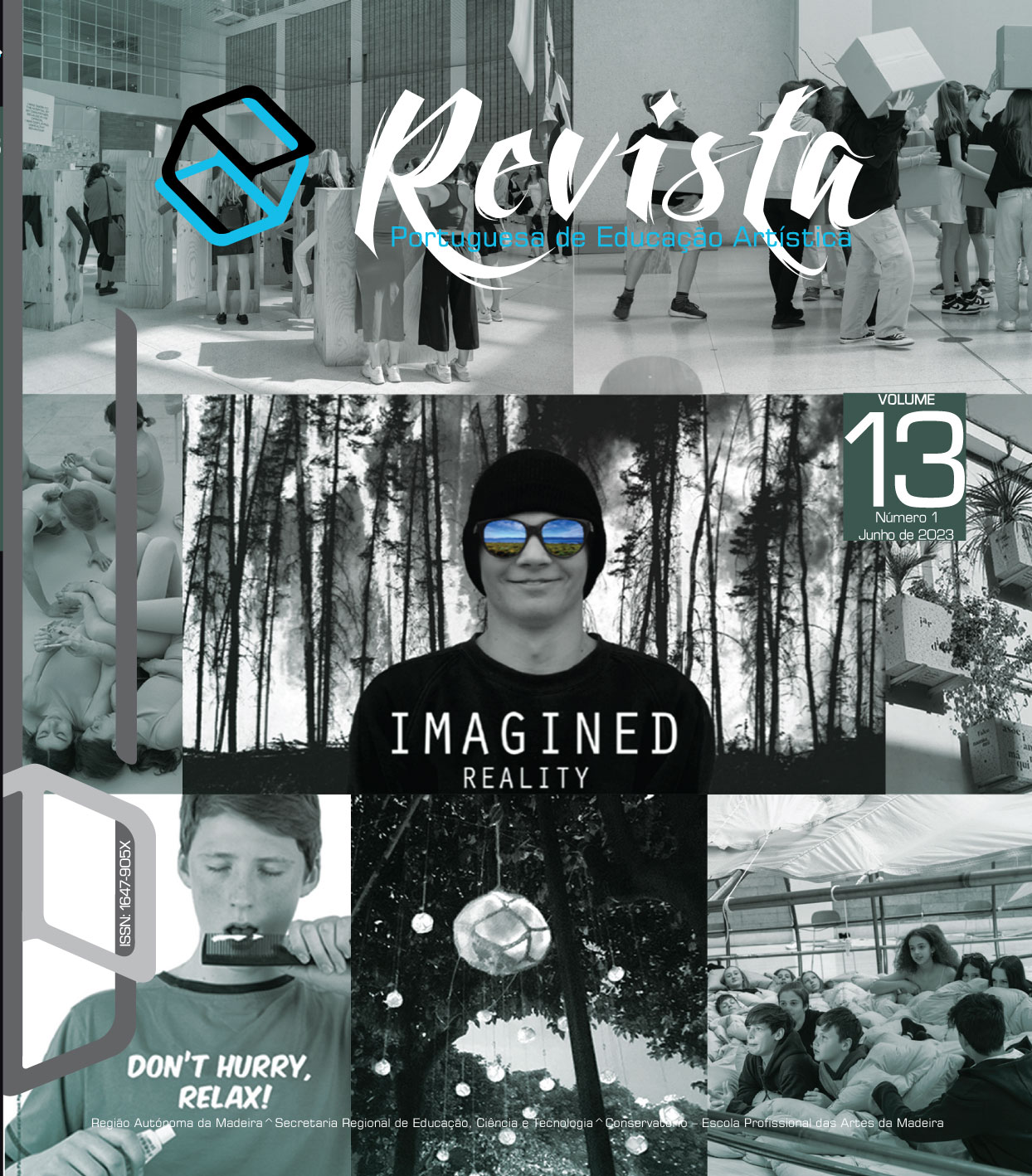Educação Dramática para o Aumento de Línguas Multilíngues na Aprendizagem em Taiwan
DOI:
https://doi.org/10.34639/rpea.v13i1.224Palavras-chave:
Educação Dramática, Política Bilíngue, Idade Medieval, Convenções do DramaResumo
Desde 2018, o governo de Taiwan tem implementado a “Política Nacional Bilíngue”, na qual a maioria considera o bilinguismo como o domínio do chinês e do inglês. Esta política que favorece exclusivamente o inglês tem sido muito controversa na educação escolar; não apenas os professores do departamento de inglês, que aparentemente beneficiam da política, têm opiniões a respeito, mas alguns professores do ensino primário e secundário têm transformado a educação bilíngue em EMI (Inglês como Língua de Instrução) na sala de aula. Além disso, representantes da União Europeia e dos seus países membros em Taiwan enviaram em conjunto uma carta ao Yuan Executivo para expressar a sua preocupação: o foco exclusivo na língua inglesa enfraquecerá a ligação entre Taiwan e a cultura europeia.
A educação bilíngue deve ser orientada para a educação multilíngue. A aprendizagem de línguas deve ser integrada na vida, no diálogo, na situação, no corpo e na emoção, tal como no modo de teatro em que as crianças brincam ao faz de conta. Neste contexto, o Departamento de Linguística pode também incorporar o a educação dramática para uma utilização mais “humanística” da língua. Quando o teatro se torna um auxiliar, acrescentasse uma camada adicional de proteção para o futuro trabalho dos estudantes. Isso naturalmente aumentará o número de estudantes no departamento, de forma que o teatro e a aprendizagem de línguas estrangeiras coexistam.
Se os professores ou estudantes universitários do Departamento de Línguas Estrangeiras aprenderem as convenções do teatro juntamente com a língua, poderão compreender que estudar nesse departamento não se trata apenas de aprender línguas, mas também de aprender teatro, e podem constatar como a ópera taiwanesa ou os espetáculos de marionetas se relacionam com o teatro. Assim como os estudantes britânicos na época dos Tudor, que combinavam o estudo da língua com o teatro, é natural que esta arte faça parte do currículo de literatura inglesa. Em suma, o curso de artes performativas em Taiwan não se destina apenas a aprender o que é o teatro, mas também a aprender outras disciplinas através dele, não apenas a usar elementos de dramatização, mas também a auxiliar as competências de comunicação na aprendizagem de línguas. Portanto, aprender teatro e línguas estrangeiras neste modelo é uma situação vantajosa e sustentável para a disciplina.
Downloads
Publicado
Edição
Secção
Licença
Direitos de Autor (c) 2024 Chyi-Chang Li

Este trabalho encontra-se publicado com a Licença Internacional Creative Commons Atribuição-NãoComercial 4.0.

O trabalho Revista Portuguesa de Educação Artística está licenciado com uma Licença Creative Commons - Atribuição-NãoComercial 4.0 Internacional (CC BY-NC 4.0).



